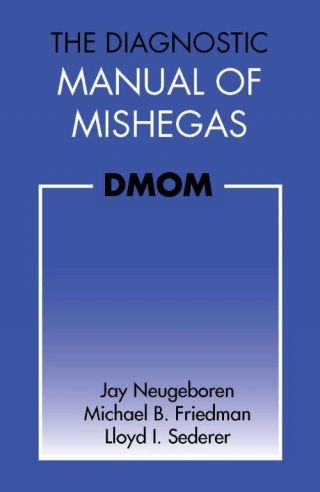Happiness
Gornish Helfin (Nothing Will Help)
When is it the right time to not do something?
Posted June 20, 2013
When, according to a report in the recently published Diagnostic Manual of Mishegas, the great Jewish actor, Mendel Kupietzky, fell down in the middle of a Yiddish-language performance of King Lear a doctor rushed to the stage and began examining him. A man in the balcony started yelling, “Give him an enema! ... Give him an enema!” And when, a moment later, the doctor threw out his hands in a gesture of helplessness and announced that Mendel was dead – still the man from the balcony kept yelling “Give him an enema! ... Give him an enema!” and would not stop despite pleas from other actors and members of the audience. Only when the theater manager appeared alongside the doctor and looked up at the man in the balcony and said, “He’s dead, sir. An enema can’t help. Gornish Helfin. Gornish Helfin. (Nothing will help.)” Only then did the man in the balcony change his tune. “Give him an enema!” he cried one last time. “It can’t hurt…”
But it can hurt. Sometimes doing something when someone else is trying to do something on his (or her) own or when a person may be ill (more likely attempted than when dead, as in this apocryphal Yiddish story) can add insult to injury, or be an unwelcome intrusion or an unnecessary medical “procedure” when nothing is needed or called for.
The wisdom of Gornish Helfin is that sometimes we need to accept that it is better, at least for the moment, to do nothing since doing something will produce nothing of use, and may make matters worse. While some Yiddish scholars may insist that Gornish Helfin is fatalistic, that it means truly nothing can help, a more sanguine view is that sometimes doing nothing is a fine idea indeed.
Parents, in particular, want nothing more than to have their children free of pain and suffering. Happiness is even better. But pain and suffering, well, they need to go when it comes to our children, right? Yet, I recall as clear as day the time my son, then in his late adolescence, said, "I don't want you to try to fix this, only to listen."
As a psychiatrist, I have seen young adults with mental illness screw up their courage and tell their parents to let them try — even if they fail; they are saying that part of growing more independent is being able to bump your nose into the walls of everyday life. People of all ages with disabilities learn adaptation; how to live in the world despite their limitations, not by being protected but by learning to protect themselves.
Gornish Helfin is not indifference or callous disregard. It is recognizing when doing something will not help, at least not then, and could get in the way of a person standing on his or her own, or daring to try.
Gornish Helfin may, as well, offer a path out of the wildly expensive habits of many doctors and patients! Gornish Helfin might prove a means of encouraging more watchful waiting (as has been learned with prostate cancer). It could help dampen the false (and costly) promises suggested by a rash of new genetic and other biomarker tests as well as imaging studies for mental disorders that just are not ready for prime time (Biomarkers for depression: Promise or prime time?). It could prove an antidote to the prescribing zeal that has 10% of this country on antidepressants when there are many fine alternatives to pills, especially for conditions of mild to moderate severity.
Who knows? Maybe Gornish Helfin could spawn a movement of self care—of better nutrition, exercise, stress management, yoga and meditation, proper sleep and moderate use of intoxicants—behaviors that actually could make a difference. Maybe it's not an enema that's needed but ways of purging our culture of its romance with everything medicinal when sometimes a stroll in the park, moments with a loved one, and tincture of time may prove to be the best medicine.

The Diagnostic Manual of Mishigas
………..
Dr. Sederer is author of The Family Guide to Mental Health Care and co-author (with Jay Neugeboren and Michael Friedman) of The Diagnostic Manual of Mishegas.
Neugeboren, J, Friedman, MB, and Sederer, LI: The Diagnostic Manual of Mishegas. CreateSpace, 2013.


